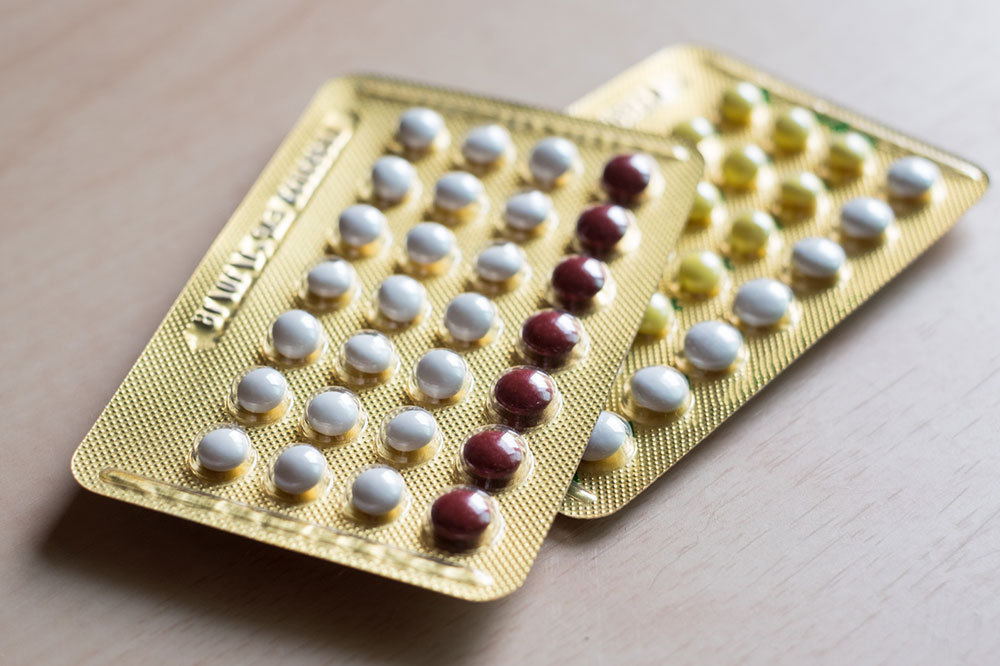
Effectiveness and Side Effects for Different Contraception Methods
For sexually active people, being aware of the different types of contraception methods is a definitive help in preventing unwanted pregnancy. There is no best method to avoid pregnancy and several ways can be tried to find the one that is the safest and fits your lifestyle. These methods vary in terms of effectiveness and some of the, have side effects too.
Barrier methods
Barrier methods are one of the different types of contraception methods used widely. These methods prevent a man’s sperm cells from reaching egg, avoiding pregnancy.
- Condom
Both male and female condoms are available over-the-counter without a prescription. The condoms act as a barrier preventing pregnancy and also provide protection against sexually transmitted diseases (STDs), which is not there when using other methods. - Diaphragm
Placed inside the vagina, the diaphragm is a small silicon dome that stops sperms from entering the uterus. For a minimum of six hours after sex, the diaphragm needs to stay in place, but should be removed after 24 hours.
Hormonal methods
One of the different types of contraception methods is the hormonal method, which prevents ovulation and helps in avoiding pregnancy.
- Contraceptive injection
Every twelve weeks, a shot, which contains the hormone progestin, is given to a woman’s upper arm. - Oral contraceptive pill
Oral contraceptive pills are the most widely used hormonal method. There are two forms of the pill, i.e. the combined pill containing estrogen and progestin, and the mini pill, which contains only progestin. There are some side effects of taking pills such as nausea, vomiting, weight gain, acne, mood swings, and change in menstrual flow. - Hormone patches
Hormone patches need to be worn on the skin for three weeks and later removed for one week to allow menstrual periods. This method also leads to a slight exposure to skin infections. - Vaginal ring
A small plastic flexible ring is placed in the vagina that constantly releases the same hormones used in the combined oral contraceptive pill. The ring needs to be inserted for three weeks and then removed for a week. - Emergency contraceptive pill
Also known as morning-after pills, this contraception method is effective when taken within 72 hours after intercourse.
Intrauterine devices and implants
These types of contraception method allow fertilization of the egg, but prevent implantation inside the uterus.
- Intrauterine device
Copper containing IUDs or IUDs containing hormones are an effective contraception method that can stay in place for three to 10 years. - Contraceptive implants
These implants have to be replaced after three years and they work by releasing hormones into the body, which prevents ovulation.
Other contraception methods
- Natural birth control
They are the least successful methods of preventing pregnancy and require some effort of recording and tracking ovulation and avoiding sex during that time. They include ovulation test kits, cervical mucus examination, and tracking of menstrual cycles - Sterilization
For people who no longer desire to have children, the sterilization method is ideal. Both men and women can undergo this procedure, which will no longer make them fertile, preventing pregnancy.
The above different types of contraception methods will be effective in preventing pregnancy only when used correctly. Contact your doctor if you need advice on which type of contraception method would be best for you.


